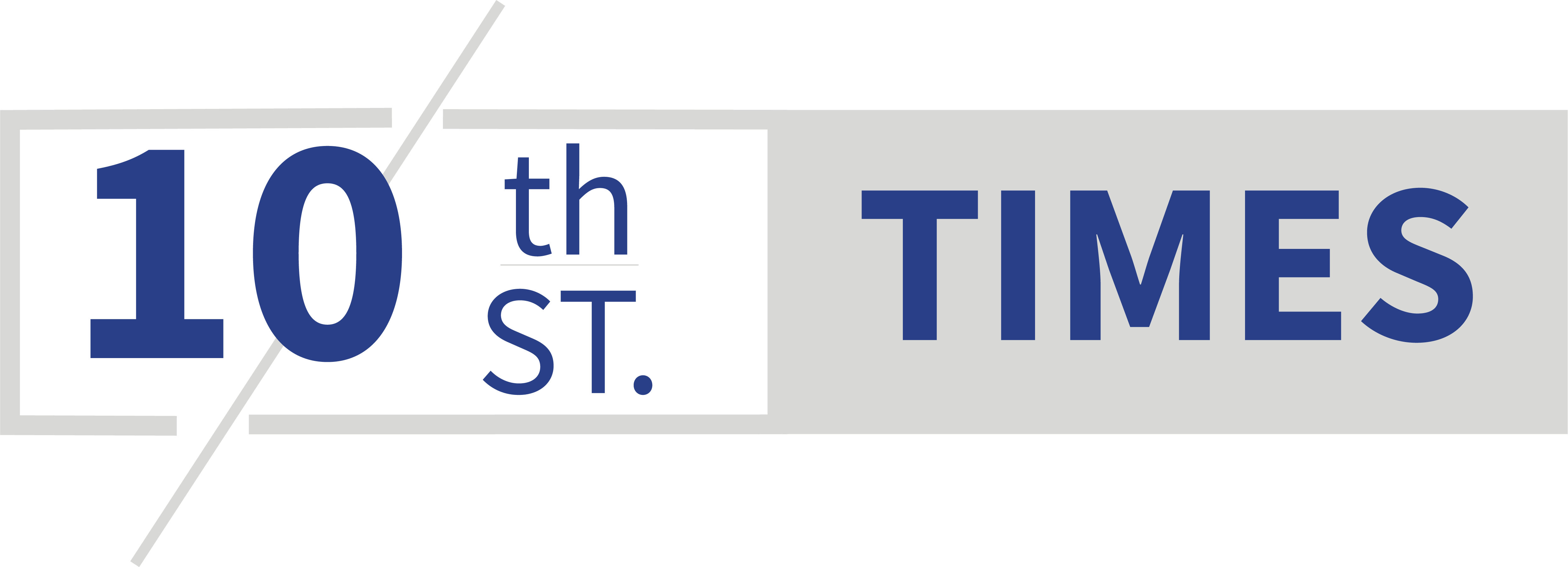New Iowa Bill: Trans Women in Sports
Share this story

One of the most recent bills that were passed by the Iowa House is HF 2416 which bans transgender women in Iowa from participating in girls sports. HF 2416 was introduced on February 21st with 55 votes in favor and 39 against it. It was signed into action by Governor Kim Reynolds on March 3rd, 2022.
The term transgender (trans) refers to individuals whose gender identity doesn’t align with their biological sex. The Civil Rights Act of 1964 prohibits discrimination based on race, color, religion, sex, or national origin. Sophomore Mallory Weber participates in Northwest’s Gay-Straight Alliance (GSA) and shared her opinion on the issue. She said, “It’s kind of the opposite of equality. [Trans women] just want to be accepted and do something that they want to do.”
New Zealand weightlifter Laurel Hubbard was the first transgender woman to compete in the Olympics. Professional female athletes have a smaller stage and are often paid less than men. Some people believe that transgender women are no threat to women’s sports until women’s sports become fair. Women have less access to professional coaching and administrative positions, with many coaches in professional leagues being male. There are also fewer opportunities for women to compete at a professional level. At the 2020 Olympics, there were 156 weightlifting spots for men and only 104 for women. Cycling had spots for 300 men while only allowing 228 women.
Carlisle senior Ainsley Erzen won the open 800 at the 2021 state Track & Field meet. Her time was not only first in the state, but also won her a national track title. She is the fastest female in Iowa high school history and at the boys meet, her time was bettered by 85 people. In an open letter to the Iowa Girls High School Athletic Union (IGHSAU), published by the Des Moines Register, she expressed support for the other perspective on this topic.
Erzen, along with other people across the country, argues that transgender women would take away the competition in girls sports. Many female athletes share the opinion that trans women should not be allowed to compete in female categories because they possess unfair genetic advantages, mostly due to high testosterone levels. Since males are, on average, faster and stronger than biological women, this argument states that transgender women would have an unfair advantage in female categories.
The new Iowa House File has sparked change in girls sports programs across the state. Laws banning trans women in high school sports have recently been passed in Utah, Mississippi, Arkansas and Kentucky.
